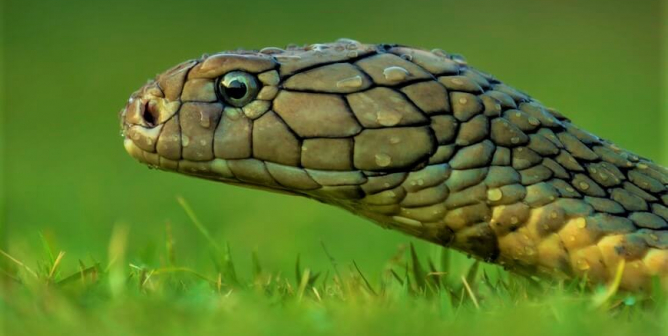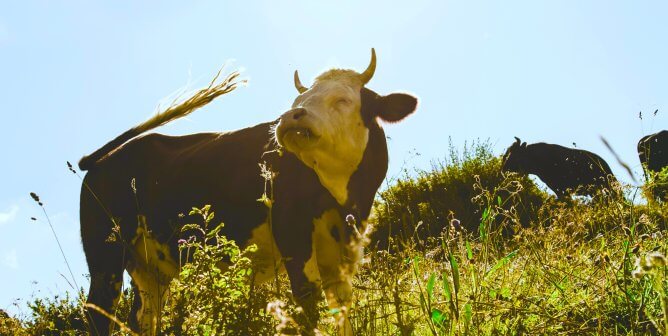Compassionate people across Latin America have been making enormous progress for animals, from banning exploitative circuses to curtailing cosmetics tests! And there’s no better time to recognize some of these groundbreaking victories than during National Hispanic Heritage Month—an annual event from September 15 through October 15 that focuses on the achievements of the Latine community.
To celebrate the dedicated work of PETA Latino and other animal advocates across the region to help animals, we’re spotlighting landmark victories in Latin American countries.
Argentina
- In August 2022, Argentina’s government updated the country’s food code to require the labeling of vegan and vegetarian products.
- Buenos Aires and Mendoza prohibited the use of animals in circuses.
Bolivia
In 2009, the Bolivian government passed the world’s first nationwide ban on the use of all animals in circuses.
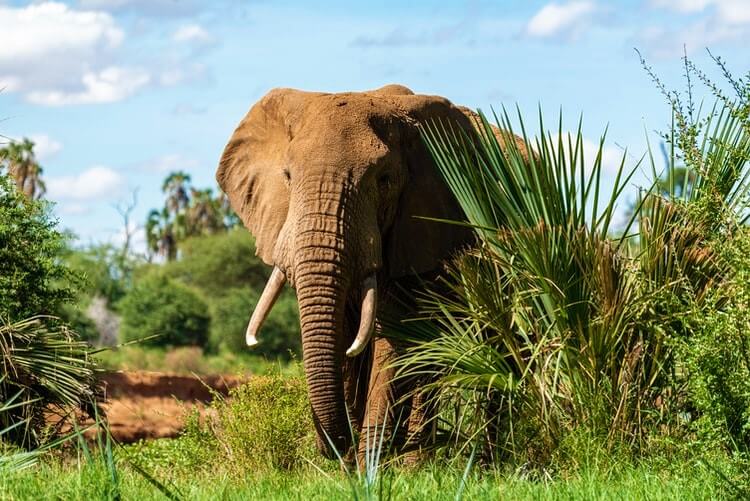
Chile
Chile’s capital, Santiago, passed local bans on the use of all animals in circuses.
Colombia
- In 2013, Colombia prohibited the use of wild animals in circuses nationwide.
- In 2020, the country passed a law limiting cosmetics testing on animals as well as the importation, exportation, manufacturing, or sale of these products.
- In 2020, Colombia’s capital, Bogotá, effectively banned bullfighting.
Costa Rica
In 2017, the Legislative Assembly of Costa Rica voted to reform the country’s cruelty-to-animals laws, including establishing jail time for perpetrators.
Ecuador
- In April 2022, Ecuador became the first country to recognize other animals’ legal rights. The monumental ruling held that wild animals possess the legal right to exist, develop their innate instincts, and be free from disproportionate cruelty, fear, and distress.
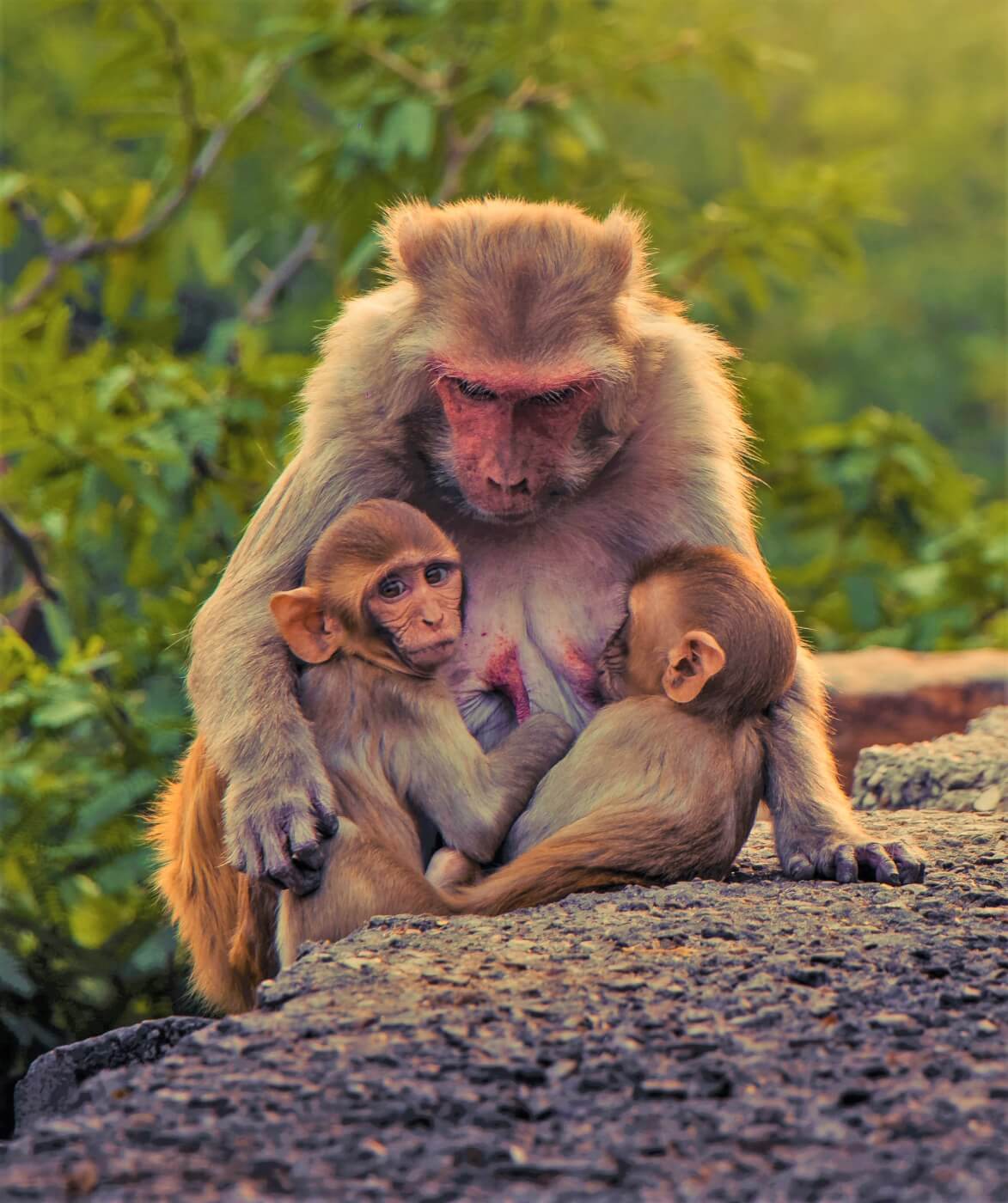
- In a landslide decision, the Ecuadorian government passed a nationwide ban on the use of native wild animals in circuses, restrictions on the use of exotic animals, and a ban on the importation of both native and exotic wild animals.
El Salvador
In 2013, El Salvador passed a nationwide ban on the use of wild animals in circuses.
Honduras
In 2015, Honduras banned dogfighting and the use of all animals in circuses.
Mexico
- Alongside bold protests, social media campaigns, and petitions spearheaded by Animal Heroes and PETA Latino, the movement to end cruel and deadly bullfighting in Mexico is growing. Multiple states (Coahuila, Guerrero, Quintana Roo, Sinaloa, and Sonora) have banned the violent, bloody spectacle, in which a “matador” stabs a bull until the animal slowly bleeds to death. In 2022, Mexico City also proposed a ban on it.
- The governor of Nuevo León also spoke out, declaring that bullfighting and cockfighting are cruelty, not “culture.” In addition, Mexico’s Supreme Court of Justice struck down a law that protected bullfighting and cockfighting, establishing that the torture and killing of other animals isn’t part of the country’s “cultural heritage.”
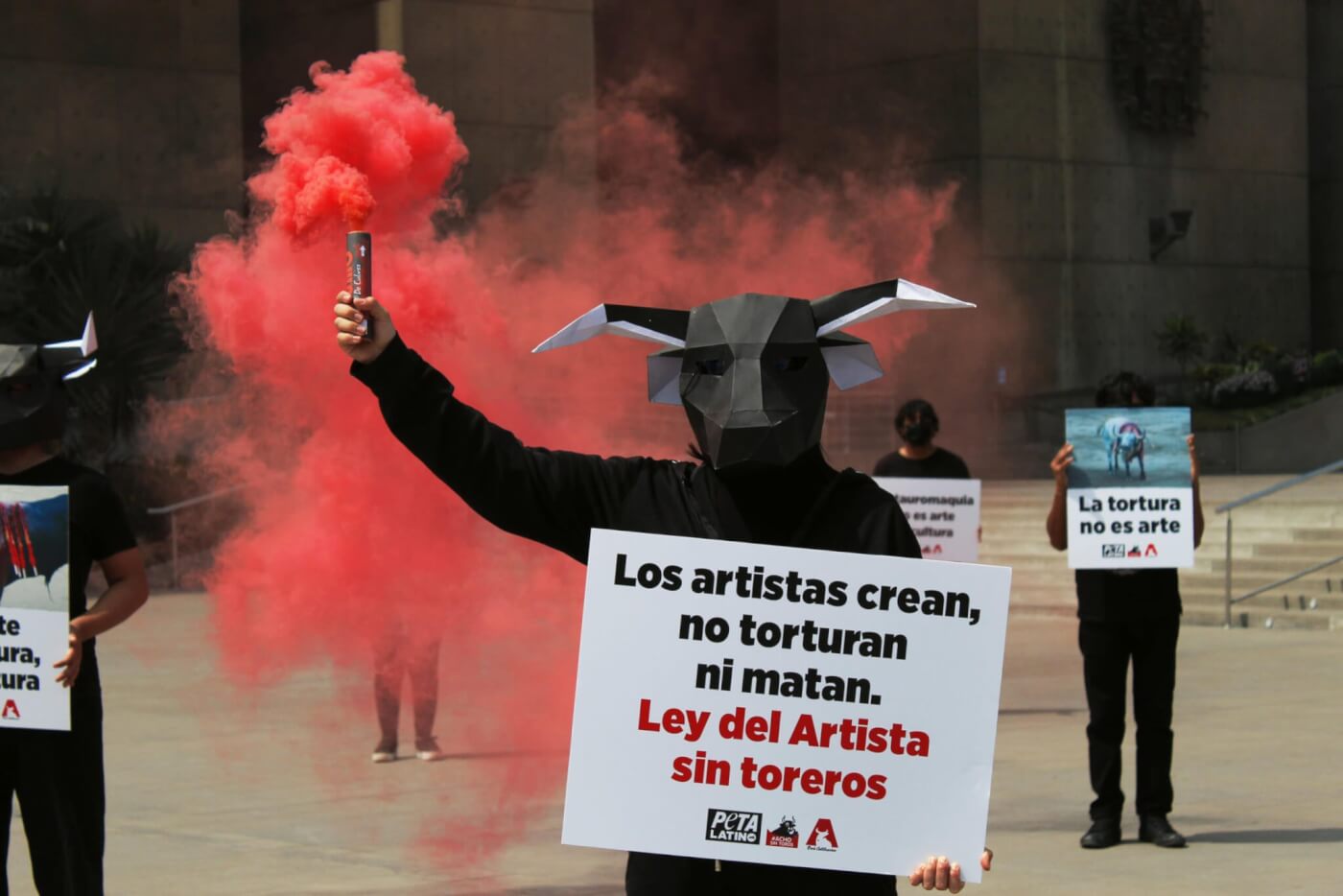
- In 2021, Mexico became the first North American country to limit cosmetics testing on animals.
- In 2015, Mexico banned the use of wild animals in circuses, preventing elephants, tigers, lions, and other exotic animals from being chained, caged, beaten, and forced to perform in circuses or traveling acts anywhere in the country.
- In April 2022, following a campaign by Animal Heroes and PETA Latino and a petition signed by nearly 50,000 supporters, the state of Quintana Roo passed a law banning exhibitions of wildlife in public spaces—including cub-petting operations and other dangerous captive-animal displays.
Panama
In 2014, Panama passed a law prohibiting the entry of circuses that use wild animals into the country.
Paraguay
In 2012, Paraguay banned the use of wild animals in circuses nationwide.
Help More Animals This National Hispanic Heritage Month
While we applaud these historic wins for animal rights—and give PETA Latino a pat on the back for persistently making noise for our fellow animals—there’s a lot you can do this National Hispanic Heritage Month to help animals, too. Click the button below to join PETA’s Action Team and get involved:


